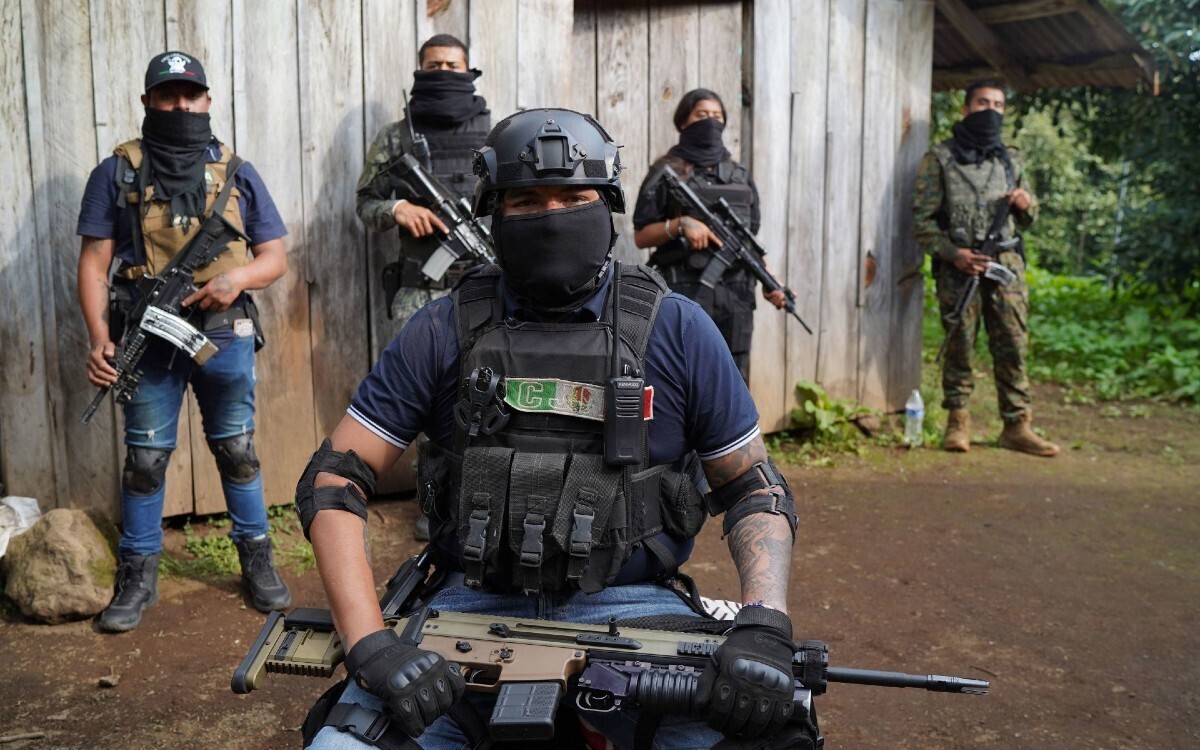
The CEO of Global Leading Solutions, Alberto Islas, during an interview on Aristegui En Vivo, expressed concern that despite the United States designating various criminal groups as terrorists in the past, many of these groups continue to exist. Islas mentioned the case of Al-Qaeda in 2001 and the National Liberation Army (ELN) in 2021 as examples that did not succeed in reducing terrorist activities, indicating that they still persist.
According to Islas, despite designating the ELN as a criminal group in 2021, Colombia experienced a historic increase in cocaine production last year. He also pointed out that there were attacks in New Orleans in the United States last year, demonstrating that the strategy against organized crime with the ELN did not have the expected results.
Recently, on February 19, the United States announced its intention to consider six drug cartels in Mexico as terrorist groups. This decision involves the creation of an institutional group to confront these criminal organizations, expanding the scope of actions against drug trafficking and organized crime.
Islas highlighted the importance of cooperation between Mexico and the United States to achieve successes in the fight against crime, mentioning the capture of Joaquín ‘el Chapo’ Guzmán as a successful case of previous collaboration. He emphasized that effective coordination is essential to avoid failures, stressing the need for careful planning and considerable resource participation to ensure the success of joint operations.
Furthermore, Islas reiterated the need for local cooperation in international operations, recalling that past missions by the United States in countries like Afghanistan, Iran, or Pakistan resulted in failures when there was no cooperation from local authorities, putting those involved in those operations at risk.













